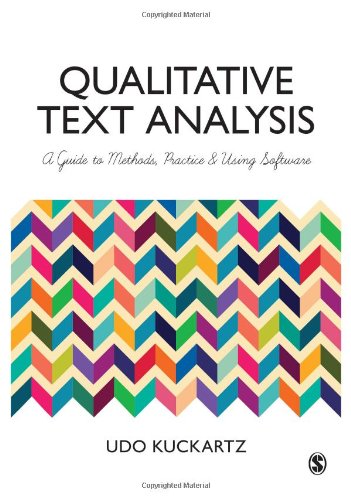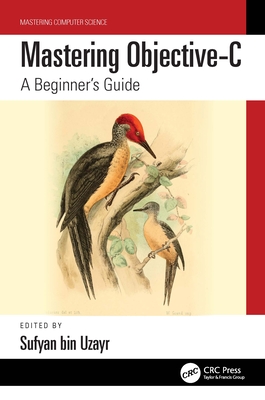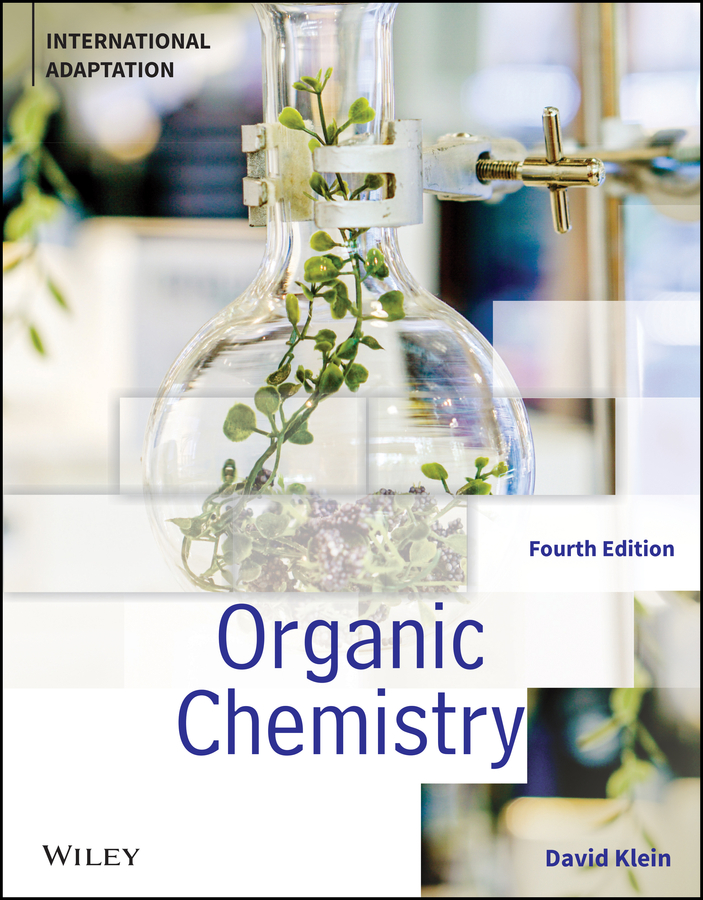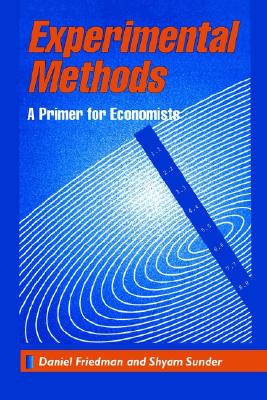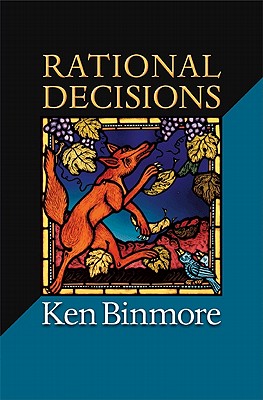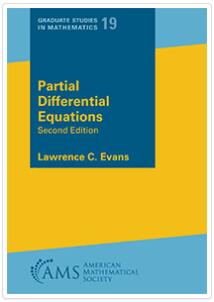图书简介
The SAGE Handbook of Process Organization Studies provides a comprehensive and timely overview of the field. This volume offers a compendium of perspectives on process thinking, process organizational theory, process research methodology and empirical applications. The emphasis is on a combination of pedagogical contributions and in-depth reviews of current thinking and research in each of the selected areas, combined with the development of agendas for future research. The Handbook is divided into five sections: Part One: Process Philosophy Part Two: Process Theory Part Three: Process Methodology Part Four: Process Applications Part Five: Process Perspectives
Chapter 01: IntroductionAnn Langley & Haridimos Tsoukas \\ Chapter 02: Whitehead’s Process Relational PhilosophyC. Robert Mesle and Mark R. Dibben \\ Chapter 03: Henri BergsonWahida Khandker \\ Chapter 04: Gilles Deleuze and Process PhilosophyKeith Robinson \\ Chapter 05: James, Dewey, and Mead: on what must come before all our inquiriesJohn Shotter \\ Chapter 06: Contradictions, Dialectics and ParadoxesMoshe Farjoun \\ Chapter 07: The Practice Approach: For a Praxeology of Organisational and Management StudiesDavide Nicolini and Pedro Monteiro \\ Chapter 08: Complexity Theory and Process Organization StudiesPhilip Anderson and Alan D. Meyer \\ Chapter 09: Symbolic InteractionDionysios D. Dionysiou \\ Chapter 10: Actor-Network TheoryBarbara Czarniawska \\ Chapter 11: EthnomethodologyAndrea Whittle and William Housley \\ Chapter 12: Discourse TheoryLoizos Heracleous \\ Chapter 13: Evolutionary TheoryGeoffrey M. Hodgson \\ Chapter 14: Ethnography and Organizational ProcessesMerlijn van Hulst, Sierk Ybema and Dvora Yanow \\ Chapter 15: Taking a Strong Process Approach to Analyzing Qualitative Process DataPaula Jarzabkowski, Jane Lê and Paul Spee \\ Chapter 16: Sequential Analysis of ProcessesMarshall Scott Poole, Natalie Lambert, Toshio Murase, Raquel Asencio and Joseph McDonald \\ Chapter 17: Narratives and ProcessualityAnniina Rantakari and Eero Vaara \\ Chapter 18: Composing a Musical Score for Academic-Practitioner Collaborative ResearchStuart Albert and Jean M. Bartunek \\ Chapter 19: Historical methodsMatthias Kipping and Juha-Antti Lamberg \\ Chapter 20: A Process Perspective on Organizational RoutinesJennifer Howard-Grenville and Claus Rerup \\ Chapter 21: Sensemaking, Simplexity, and MindfulnessTimothy Vogus and Ian Colville \\ Chapter 22: A Temporal Understanding of the Connections Between Organizational Culture and IdentityTor Hernes and Majken Schultz \\ Chapter 23: Institutions as ProcessPanita Surachaikulwattana and Nelson Phillips \\ Chapter 24: Strategy as Practice, Process and Institution: Converging on ActivityRichard Whittington \\ Chapter 25: Time, temporality and process studiesJuliane Reinecke and Shahzad (Shaz) Ansari \\ Chapter 26: Sustainability as ProcessGail Whiteman and Steve Kennedy \\ Chapter 27: Entrepreneurship as processTodd H. Chiles, Sara R. S. T. A. Elias and Qian Li \\ Chapter 28: From the Process of Innovation to Innovation as ProcessRaghu Garud, Joel Gehman, Arun Kumaraswamy and Philipp Tuertscher \\ Chapter 29: Power and Process: The Production of ’Knowing’ Subjects and ’Known’ ObjectsCynthia Hardy and Robyn Thomas \\ Chapter 30: Organizational Learning and Knowledge Processes: A Critical ReviewKrista Pettit, Mary Crossan and Dusya Vera \\ Chapter 31: Leadership ProcessGail T. Fairhurst \\ Chapter 32: Organizational Communication as ProcessFrançois Cooren, Gerald Bartels and Thomas Martine \\ Chapter 33: Materiality as an Organizing Process: Toward a Process Metaphysics for Material ArtifactsPaul M. Leonardi \\ Chapter 34: Organizational design as processRoger L.M. Dunbar & Beth A. Bechky \\ Chapter 35: Improvisation Processes in OrganizationsMiguel Pina e Cunha, Anne S. Miner and Elena Antonacopoulou \\ Chapter 36: Process, Practices and Organizational Competitiveness: Understanding Dynamic Capabilities through A Process-Philosophical World-ViewRobert Chia \\ Chapter 37: Process as the becoming of temporal trajectoryTor Hernes \\ Chapter 38: ?? \\ Chapter 39: Cycles of Divergence and Convergence: Underlying Processes of Organization Change and InnovationKevin Dooley and Andrew Van de Ven \\ Chapter 40: ?? \\ Chapter 41: Embedding Process: Situating Process in Work RelationsHugh Willmott \\ Chapter 42: Making Process Visible: Alternatives to Boxes and ArrowsMartha S. Feldman
Trade Policy 买家须知
- 关于产品:
- ● 正版保障:本网站隶属于中国国际图书贸易集团公司,确保所有图书都是100%正版。
- ● 环保纸张:进口图书大多使用的都是环保轻型张,颜色偏黄,重量比较轻。
- ● 毛边版:即书翻页的地方,故意做成了参差不齐的样子,一般为精装版,更具收藏价值。
关于退换货:- 由于预订产品的特殊性,采购订单正式发订后,买方不得无故取消全部或部分产品的订购。
- 由于进口图书的特殊性,发生以下情况的,请直接拒收货物,由快递返回:
- ● 外包装破损/发错货/少发货/图书外观破损/图书配件不全(例如:光盘等)
并请在工作日通过电话400-008-1110联系我们。
- 签收后,如发生以下情况,请在签收后的5个工作日内联系客服办理退换货:
- ● 缺页/错页/错印/脱线
关于发货时间:- 一般情况下:
- ●【现货】 下单后48小时内由北京(库房)发出快递。
- ●【预订】【预售】下单后国外发货,到货时间预计5-8周左右,店铺默认中通快递,如需顺丰快递邮费到付。
- ● 需要开具发票的客户,发货时间可能在上述基础上再延后1-2个工作日(紧急发票需求,请联系010-68433105/3213);
- ● 如遇其他特殊原因,对发货时间有影响的,我们会第一时间在网站公告,敬请留意。
关于到货时间:- 由于进口图书入境入库后,都是委托第三方快递发货,所以我们只能保证在规定时间内发出,但无法为您保证确切的到货时间。
- ● 主要城市一般2-4天
- ● 偏远地区一般4-7天
关于接听咨询电话的时间:- 010-68433105/3213正常接听咨询电话的时间为:周一至周五上午8:30~下午5:00,周六、日及法定节假日休息,将无法接听来电,敬请谅解。
- 其它时间您也可以通过邮件联系我们:customer@readgo.cn,工作日会优先处理。
关于快递:- ● 已付款订单:主要由中通、宅急送负责派送,订单进度查询请拨打010-68433105/3213。
本书暂无推荐
本书暂无推荐
